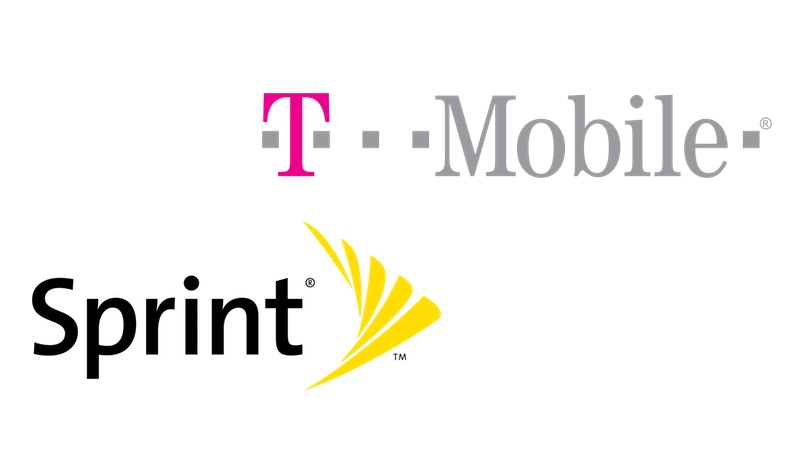The United States Federal Communications Commission today told T-Mobile and Sprint that it will need more time to review the proposed merger between the third- and fourth-place wireless companies before making a decision on the merger.
The FCC is effectively pausing the traditional 180-day transaction clock “to allow for thorough staff and third-party review of newly submitted and anticipated modeling relied on by the Applicants.”
The duo on September 5 submitted a revised “significantly larger and more complex,” network engineering model which the FCC says it needs more time to review.
The newly-provided network engineering model is significantly larger and more complex than the engineering submissions already in the record. It appears to incorporate new logic, methodologies, facts, and assumptions, on a subject central to the Applications-the transaction’s claimed network benefits. Accordingly, the Commission and third parties will require additional time to review it.
Further, in an August 29, 2018 exparte meeting, T-Mobile executives Mike Sievert and Peter Ewens described T-Mobile’s reliance on a business model, titled “Build 9,” which apparently provides the financial basis for the projected new network buildout. The Commission did not receive Build 9, and third parties did not have access to it, until September 5. Build 9 therefore requires further review.
The FCC says the 180-day clock will remain in timeout mode until T-Mobile and Sprint have completed the record “on which they intend to rely,” and enough time has passed for the FCC and third-parties to review the documentation.
T-Mobile and Sprint agreed to merge in late April, so the review period was set to end in October. The FCC usually strives to complete license transfers for complex mergers such as this one within 180 days. However, some review periods can exceed the informal nearly half-year period.
If the merger is approved, the combined wireless provider will have nearly 100 million customer, second only to Verizon, dropping AT&T to third place.


